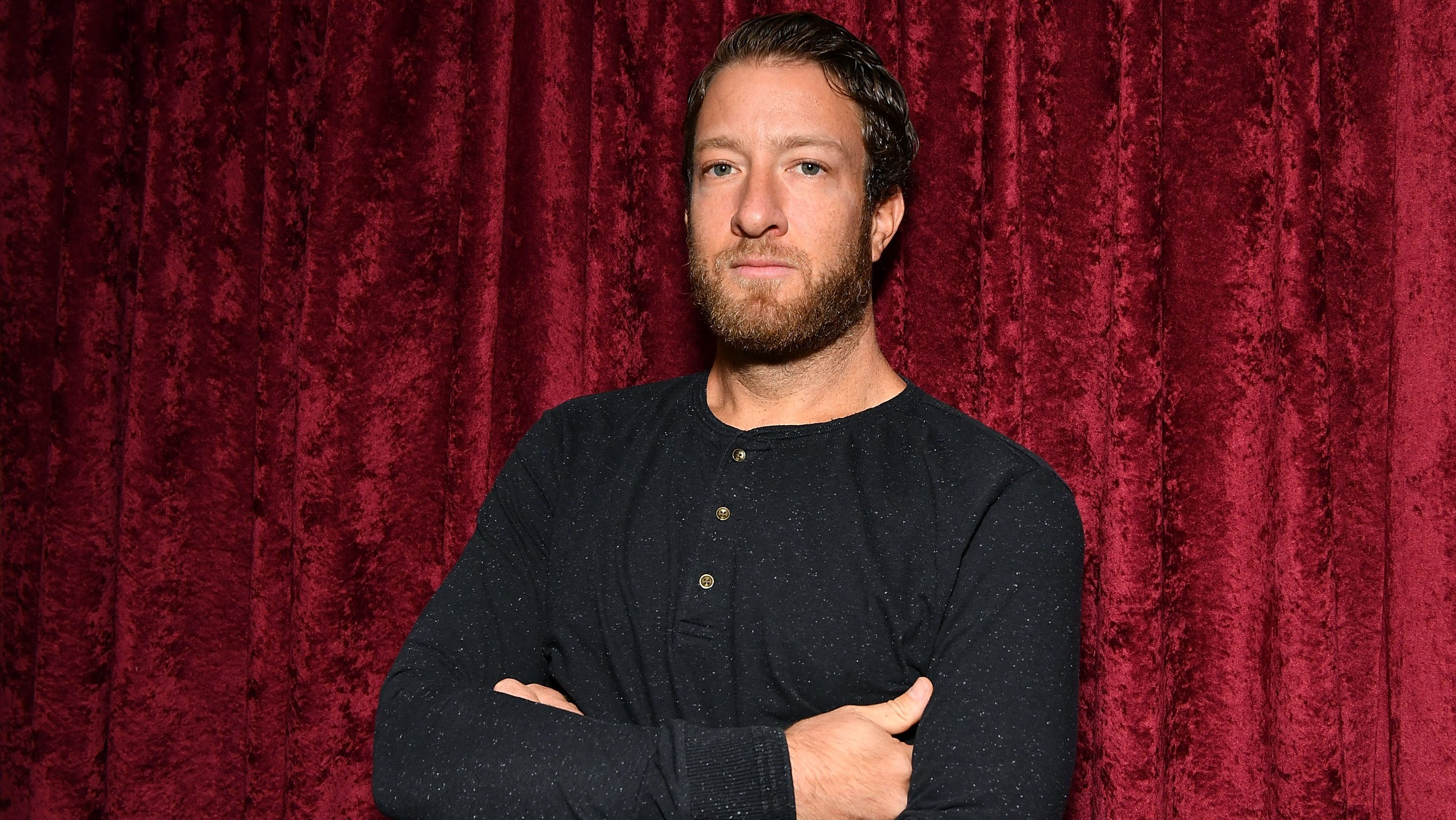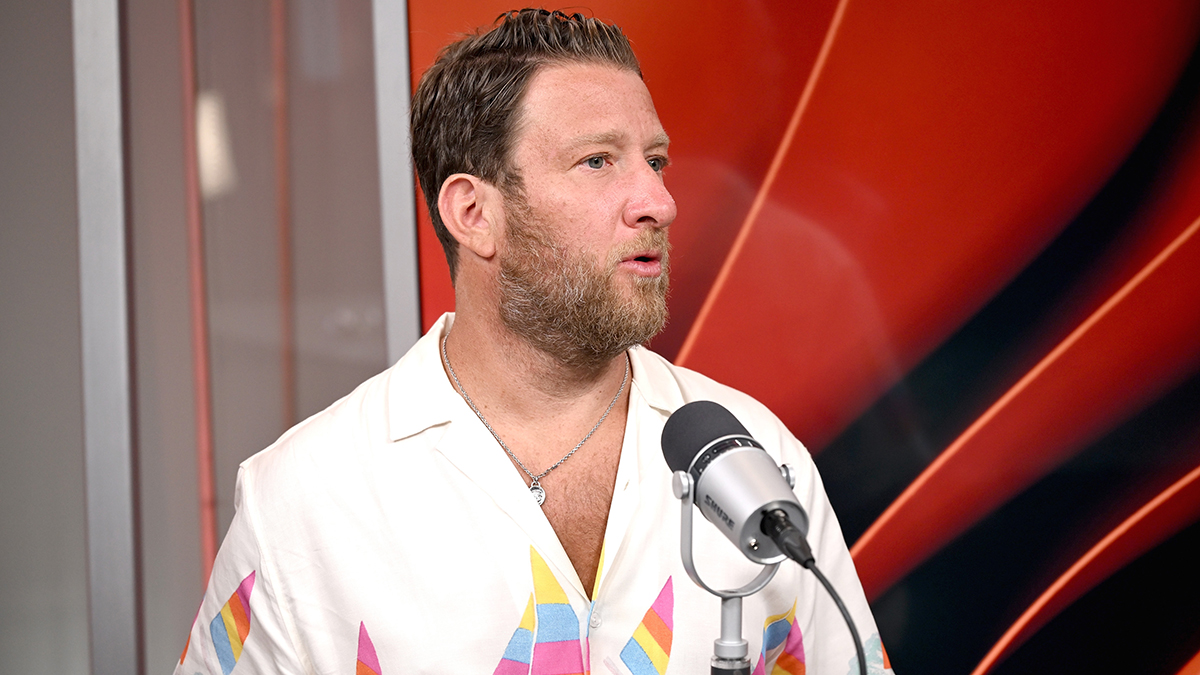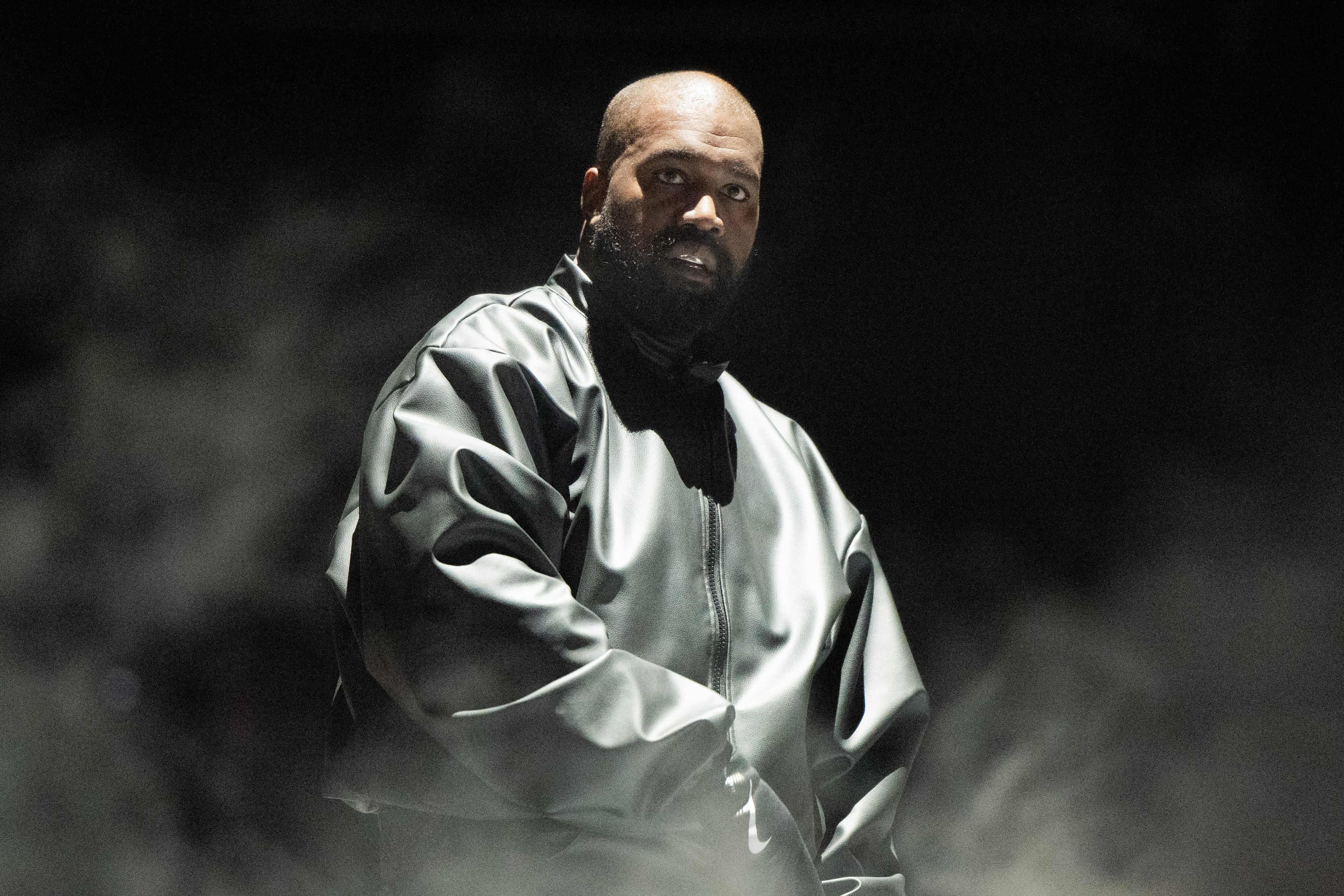Lady Gaga Concert Bomb Plot: Rio Attack Averted!
Lady Gaga Concert Bomb Plot Thwarted: Rio Saved!
Introduction: Averted Disaster in Rio
Can you imagine? Two million fans, the electric atmosphere of a Lady Gaga concert on Copacabana Beach, and a potential bomb plot lurking in the shadows. Thankfully, Brazilian police say they stepped in just in time. It’s a chilling reminder that even celebrations can be targets. Let's dive into the details of this shocking event and what it means.
The Biggest Show That Almost Wasn't
Lady Gaga's Rio concert was arguably the peak of her career, drawing a monumental crowd to the iconic Copacabana Beach. Imagine the global headlines if the unthinkable had happened. This wasn’t just a concert; it was a cultural event, a symbol of music, joy, and freedom. That’s precisely why it became a target.
Hate Speech and Radicalization: The Root of the Plot
So, what fueled this dangerous scheme? According to Rio de Janeiro’s state police, the group behind the plot was spreading vile hate speech against the LGBTQ+ community. They weren't just spewing rhetoric; they were actively trying to recruit and radicalize teenagers, feeding them a diet of hate and violence. This makes the averted attack even more sinister – it points to a deeper societal problem.
The Molotov Cocktails and Improvised Explosives: Tools of Terror
Their arsenal of choice? Molotov cocktails and improvised explosives. These aren't sophisticated weapons, but they’re easily accessible and capable of causing significant damage and terror. It’s a stark reminder that violent extremism can manifest in the simplest, most horrifying ways.
“Collective Challenge” for Notoriety: The Social Media Connection
This is where things get particularly disturbing. The police stated that the planned attack was treated as a "collective challenge" aimed at gaining notoriety on social media. Think about that for a second. These individuals were willing to risk countless lives for a fleeting moment of online fame. The quest for validation in the digital age has, in this case, reached a truly terrifying new low.
The Arrests: Apprehending the Alleged Mastermind
Thankfully, authorities were able to intervene. Two people have been arrested in connection with the planned attack, including the alleged leader of the group. He was arrested in the southern state of Rio Grande do Sul on illegal weapons possession charges. It's crucial to remember that this is still an ongoing investigation, and more details are likely to emerge.
The Role of the Justice Ministry: A Collaborative Effort
This wasn't just a local police operation; it involved the Justice Ministry, showcasing the seriousness with which the authorities were treating the threat. This collaboration highlights the importance of intelligence sharing and coordinated efforts in combating extremism.
LGBTQ+ Targeted Hate: A Growing Concern
The fact that the group was allegedly motivated by hate speech against the LGBTQ+ community is deeply troubling. It reflects a broader trend of rising hate crimes and discrimination against marginalized groups. We need to actively combat prejudice and intolerance in all its forms.
The Vulnerability of Large Gatherings: A Global Threat
This incident underscores the vulnerability of large gatherings to potential attacks. Concerts, sporting events, and public celebrations are all potential targets for individuals or groups seeking to cause mass casualties and disruption. Strong security measures and vigilance are essential to mitigate these risks.
The Importance of Counter-Extremism Efforts: Prevention is Key
Arresting the individuals involved is crucial, but it's only one piece of the puzzle. We also need to invest in counter-extremism efforts that address the root causes of radicalization, such as poverty, social isolation, and online propaganda. Prevention is always better than cure.
The Aftermath: Enhanced Security Measures
Following the thwarted plot, you can bet that security measures at large events in Rio de Janeiro, and potentially across Brazil, will be significantly enhanced. This could include increased police presence, stricter bag checks, and more sophisticated surveillance technology.
The Cost of Security: Balancing Freedom and Safety
Of course, enhanced security comes at a cost. There's a delicate balance between ensuring public safety and preserving individual freedoms. It’s a conversation we need to have as a society.
The Power of Community Resilience: Standing Strong Together
In the face of such threats, community resilience is paramount. We need to stand together against hate and violence, supporting each other and promoting inclusivity. Remember, these hate groups are the fringe minority, not representative of society.
The Ongoing Investigation: Unraveling the Conspiracy
The investigation is far from over. Authorities will be working to uncover the full extent of the conspiracy, identify any other individuals involved, and determine the group's motives. Transparency and accountability are essential throughout this process.
The Global Implications: A Warning Sign
While this incident occurred in Brazil, it has global implications. It serves as a warning sign that violent extremism can emerge anywhere, fueled by online hate and a desire for notoriety. We need to be vigilant and work together to address this threat on a global scale.
Remembering the Joy: Refocusing on the Music and Celebration
Despite the disturbing details of this plot, let's not forget the reason for the celebration in the first place: the music, the joy, and the shared experience of a Lady Gaga concert. By focusing on the positive aspects of these events, we can defy the hate and fear that motivates these extremists.
Conclusion: A Reminder of Vigilance and Hope
The attempted bombing of Lady Gaga's concert in Rio serves as a stark reminder of the ever-present threat of extremism and the importance of vigilance. Thankfully, the authorities intervened and prevented a potential tragedy. This event also underscores the need to combat hate speech, address the root causes of radicalization, and stand together in solidarity against violence. Let's remain hopeful and work towards a future where such acts of terror are unthinkable.
Frequently Asked Questions (FAQ)
- What was the alleged motive behind the planned attack?
The group was reportedly spreading hate speech against the LGBTQ+ community and sought to radicalize and recruit teenagers to carry out attacks for notoriety on social media.
- How many people were arrested in connection with the plot?
Two people have been arrested. One, believed to be the leader of the group, was arrested on illegal weapons possession charges.
- What types of weapons were allegedly planned to be used?
The group reportedly planned to use Molotov cocktails and improvised explosives.
- What steps are being taken to prevent similar incidents in the future?
Authorities are likely to enhance security measures at large events, increase police presence, and invest in counter-extremism efforts.
- How can individuals help combat extremism and hate speech?
You can actively combat prejudice, support marginalized communities, report hate speech online, and promote inclusivity in your daily life.





